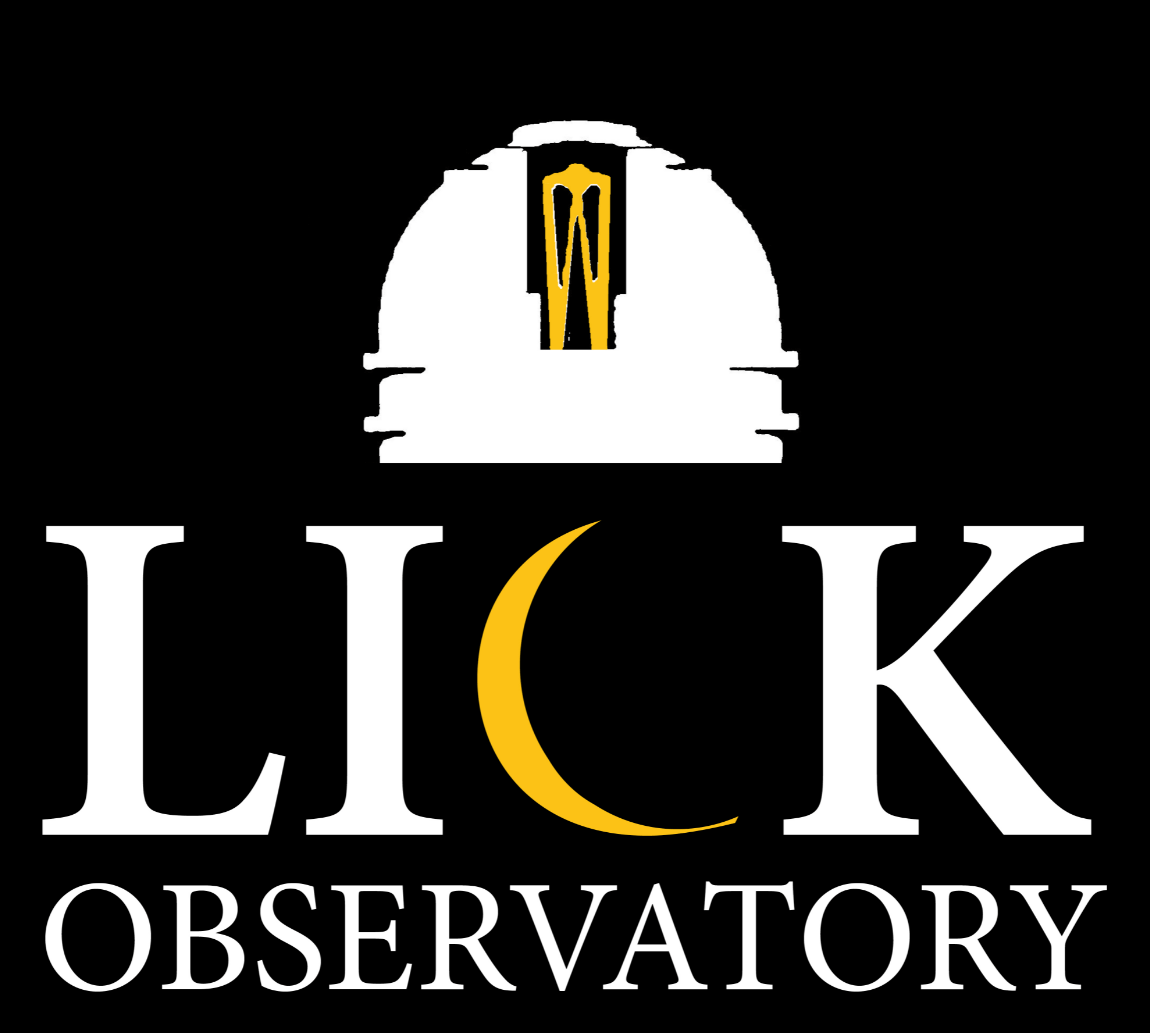Evening with the Stars – August 23th, 2025 8:00pm
Lecture: The Road to Another Earth
Astronomer: Dr. Bruce Macintosh
Program Information
| 7:00 pm | Doors Open | |
| Lecture Hall | 36-inch Great Refractor Dome | |
| 8:00pm | Science Lecture | History Lecture |
| 9:00 pm | Science Talk (repeated) | Telescope Viewings |
| 10:00 pm | History Talk (repeated) | Telescope Viewings |
| 1:00 am | Doors Close | |
Observing passes are handed out when you check in at the door so please plan to arrive early!
Observing only ends when everyone has had a chance to look through the telescope.
Gift shop is open from 7:00pm until 11:00pm.
Science Lecture
The Road to Another Earth
Over the past three decades, we have gone from knowing only the eight* planets in our solar system to having discovered more than five thousand extrasolar planets orbiting other stars. We know of an extraordinary variety of such planets, most of them very different than our own, from giant objects more massive than Jupiter to surprisngly common small Earth-sized worlds. For the larger planets, we can not just detect their presence but characterize them – measuring the composition of their atmosphere. The ultimate goal of the field is to carry out such measurements on potentially habitable Earth-sized planets. That path is beginning with measurements from the James Webb Space Telescope, and will continue with new facilities – the proposed Thirty Meter Telescope and NASA’s Habitable Worlds Observatory. I will review key moments in the study of exoplanets so far, highlights of past observations, discuss the technological challenges in characterizing fainter planets, and lay out the roadmap to someday finding another Earth
Dr. Bruce Macintosh – UC Observatories
Dr. Macintosh spent nine years as professor of physics at Stanford University and served as deputy director of its Kavli Institute for Particle Astrophysics and Cosmology. An accomplished scholar, Macintosh made significant contributions to science as principal investigator on numerous research grants for NASA, the National Science Foundation and Lawrence Livermore National Laboratory, where he served prior to his post at Stanford.
Dr. Macintosh’s research has centered on the study of extrasolar planets, in particular, examining such planets through direct imaging and adaptive optics. Among his many accomplishments, he co-led the team that produced the first images of a system of exoplanets. He led the international collaboration that produced the Gemini Planet Imager, deployed to the Gemini South Telescope, which led to the identification of new exoplanets and advanced the study of planet formation. In addition, he directed a science investigation team for the coronagraph instrument on NASA’s Nancy Grace Roman mission. He has served on multiple National Academy of Sciences committees on astrophysics strategy, including the Astro2020 Decadal Survey.
Dr. Macintosh, who earned his Ph.D. in astronomy at UCLA, strongly believes in making the fields of astronomy and physics more inclusive, diverse, and supportive.

Telescope Targets
Tonight’s guests will have the chance to observe:
Great 36″ Refractor
Objects chosen each evening.
Nickel 40″ Reflector
Ring Nebula (M57)
Outside Telescopes
More telescopes will be available outside looking at galaxies, star clusters, and more!

Featured Observatory Volunteers & Staff
Hosts
Dr. Lauren Corlies
TBD
History Lecture 1
TBD
History Lecture 2
TBD
Great Refractor Operators
TBD
TBD
Nickel Reflector Operator
TBD
Nickel Reflector Control Room
TBD
Thanks to all of our volunteers for making this evening possible!
Tips and Additional Information
Snacks and beverages are available at the refreshment table in the main foyer. All proceeds help support the public programs. In the past, we have used proceeds to purchase an Automated External Defibrillator (AED), additional wooden benches in the main building, new speakers and amplifiers for the main building hallway, and partial funding of two spotting telescopes by the flag pole.
Your experience at the telescopes will be better if your eyes have had an opportunity to adjust to the dark. For this reason, we try to keep the light levels low in both wings of the main hall.
Please refrain from use of flash photography or white light flashlights in the domes or adjoining hallway.
We strive to make your visit as complete and meaningful as possible. Please let us know if you will need special assistance (for example, if you will have difficulty climbing stairs) by emailing tickets@ucolick.org, so we can make the necessary arrangements.
All of Lick Observatory’s public programs are greatly enhanced by the valuable participation of our many dedicated volunteers.
Interested in volunteering? Learn more here!
